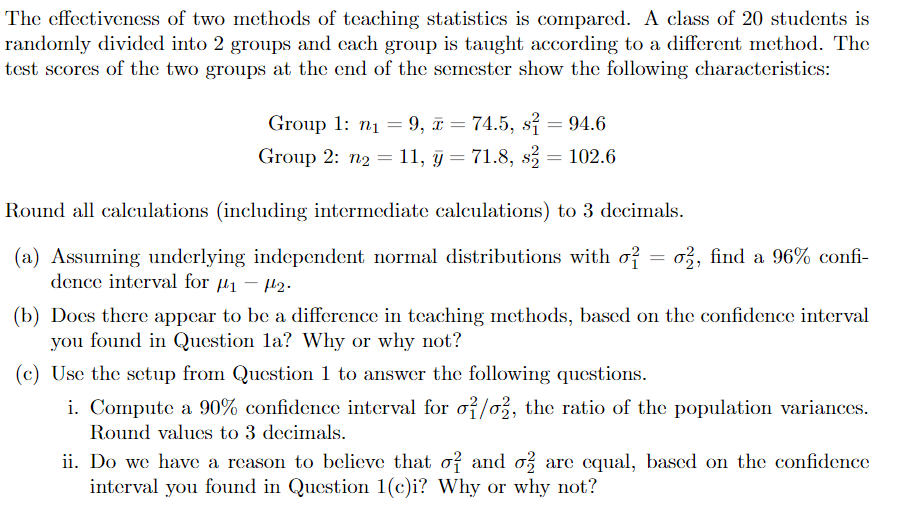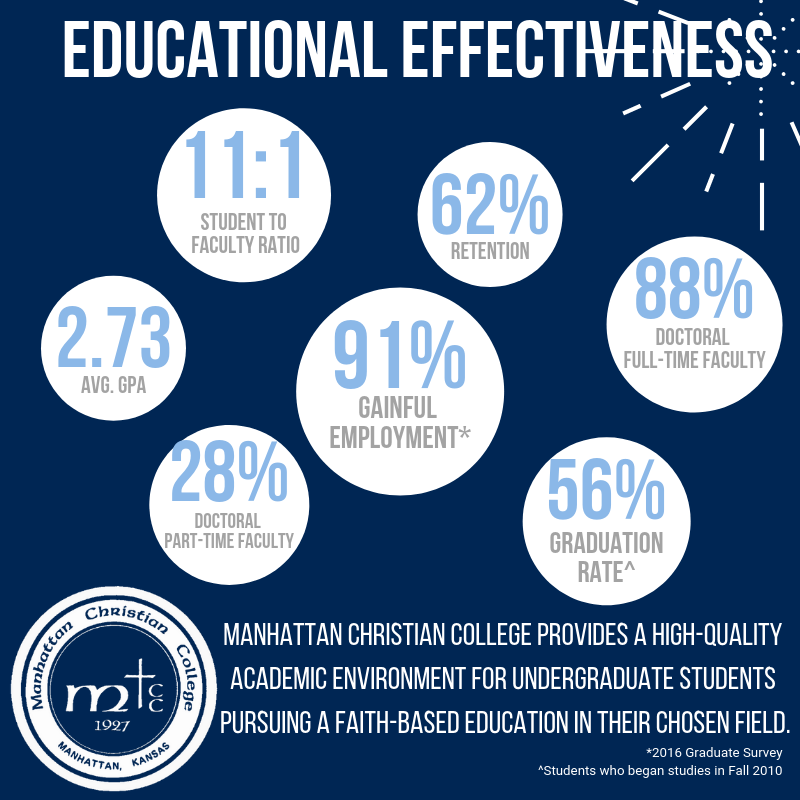Measuring Educational Method Effectiveness
Measuring the Effectiveness of Educational Methods: Measuring The Effectiveness Of Various Educational Methods

Source: cheggcdn.com
Measuring the effectiveness of various educational methods – Evaluating the effectiveness of educational methods is crucial for optimizing learning outcomes. This involves understanding how well different approaches contribute to knowledge retention, skill development, and attitude change. Different methods, from traditional lectures to innovative online courses, require tailored evaluation strategies. This comprehensive guide provides a framework for assessing the impact of various educational methods.
Defining Effectiveness, Measuring the effectiveness of various educational methods

Source: mccks.edu
Figuring out how well different teaching methods work is tricky, right? Understanding global perspectives on diverse educational approaches and best practices in different cultures, like this resource , is key to getting a more complete picture. Ultimately, comparing results across these varied approaches helps us refine our understanding of what truly works best in different contexts for measuring the effectiveness of various educational methods.
Educational method effectiveness encompasses various dimensions. It’s not just about immediate knowledge acquisition, but also about long-term knowledge retention, the development of practical skills, and the fostering of positive attitudes towards learning. Effectiveness is multifaceted and needs to be evaluated across these domains.
- Knowledge Retention: This refers to how well students remember and apply information learned.
- Skill Development: This measures the improvement in practical skills and abilities.
- Attitude Change: This assesses any shift in students’ attitudes towards the subject matter or the learning process.
Metrics for measuring effectiveness vary based on the educational setting. Classroom-based methods might use tests and quizzes, while online courses could leverage interactive exercises and completion rates. Workshops often assess effectiveness through feedback forms and observed practical application.
Long-term impact evaluation requires tracking student progress beyond the immediate learning experience. This could involve follow-up assessments, surveys, or even career outcomes data.
| Educational Method | Potential Metrics |
|---|---|
| Lectures | Post-lecture quizzes, exam scores, student feedback surveys |
| Group Discussions | Quality of contributions, participation rates, observed collaborative skills |
| Simulations | Accuracy of simulations, observed application of learned concepts |
Identifying Key Evaluation Factors

Source: amazonaws.com
Several factors influence the effectiveness of an educational approach. These factors range from the learning environment to the individual characteristics of the learners.
Figuring out how well different teaching methods work is important, but it’s also crucial to consider how education shapes individual and societal values and beliefs across cultures. This understanding of cultural impact is essential when evaluating the effectiveness of any educational approach. Ultimately, measuring success requires looking at the broader impact on individuals and communities, not just the immediate results of a specific method.
- Learning Environment: Resources available, teacher support, and student engagement significantly impact learning outcomes. A supportive and well-resourced environment fosters better learning.
- Student Characteristics: Prior knowledge, learning styles, and motivation play a critical role in how effectively students absorb new information and develop skills. Understanding these characteristics is crucial for tailoring teaching methods.
- Learning Styles: Different learners have different preferences and strengths in how they process information. Effective evaluation takes these differences into account. Factors include visual, auditory, kinesthetic, and reading/writing preferences.
| Educational Approach | Strengths (Evaluation Factors) | Weaknesses (Evaluation Factors) |
|---|---|---|
| Project-Based Learning | Enhances problem-solving skills, promotes collaboration, and provides real-world application | May require significant time commitment, might not be suitable for all subjects |
| Inquiry-Based Learning | Develops critical thinking skills, fosters student autonomy | Requires well-structured guidance, might not be effective for all learners |
Methods for Measuring Effectiveness
Various methods can be employed to measure effectiveness. These range from standardized tests to observations and student portfolios.
- Pre- and Post-Tests: Measuring knowledge before and after an intervention helps determine the extent of learning gains.
- Surveys: Gather feedback on student experiences and perceptions of the learning process.
- Observations: Provide insights into student behavior, interaction, and engagement.
- Portfolios: Showcase student work over time, allowing for a comprehensive assessment of progress and skill development.
Adapting methods for different levels and subjects is essential. For example, using open-ended questions in surveys for higher education and more structured activities for primary school students.
FAQ Summary
What are some common challenges in evaluating educational methods?
Factors like diverse student backgrounds, differing learning styles, and varying teaching environments can influence evaluation results. It’s important to consider these complexities when interpreting data.
How can technology be used to improve data collection and analysis?
Digital tools can automate data collection, provide real-time feedback, and facilitate more sophisticated analyses. This can lead to more accurate and efficient evaluation processes.
How can I adapt these methods for online learning environments?
Adapting methods for online settings might involve using online quizzes, surveys, or interactive activities to gather data on student engagement and knowledge retention.
Figuring out how effective different teaching methods are can be tricky. Thinking about education outside the classroom, like in community programs or through personal experiences, offers valuable insights ( alternative definitions of education beyond the classroom ). Ultimately, understanding these broader approaches helps us refine our strategies for measuring the effectiveness of various educational methods in a more comprehensive way.
What are some ethical considerations when evaluating educational methods?
Maintaining student privacy, ensuring fairness in assessments, and avoiding bias in evaluation processes are crucial ethical considerations.